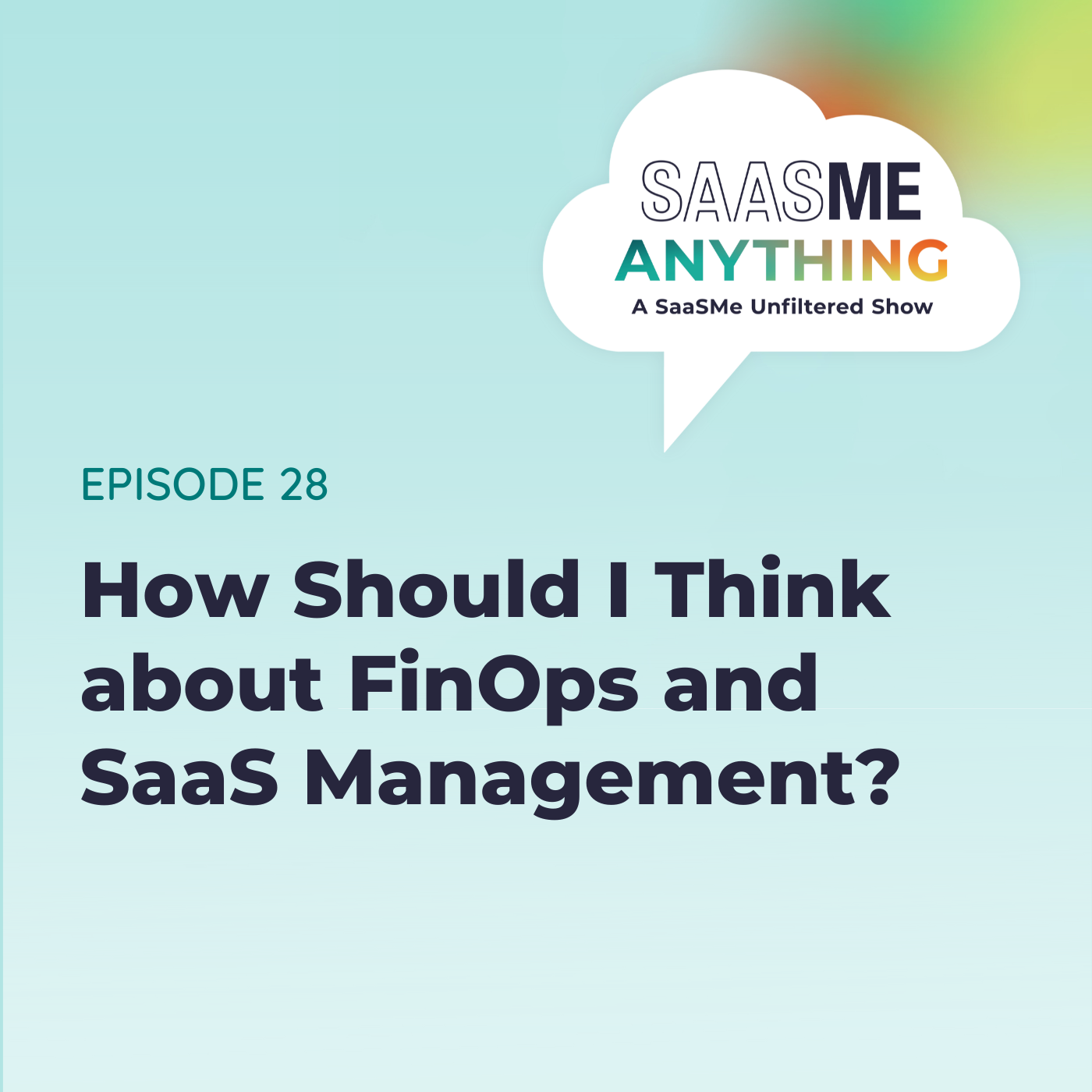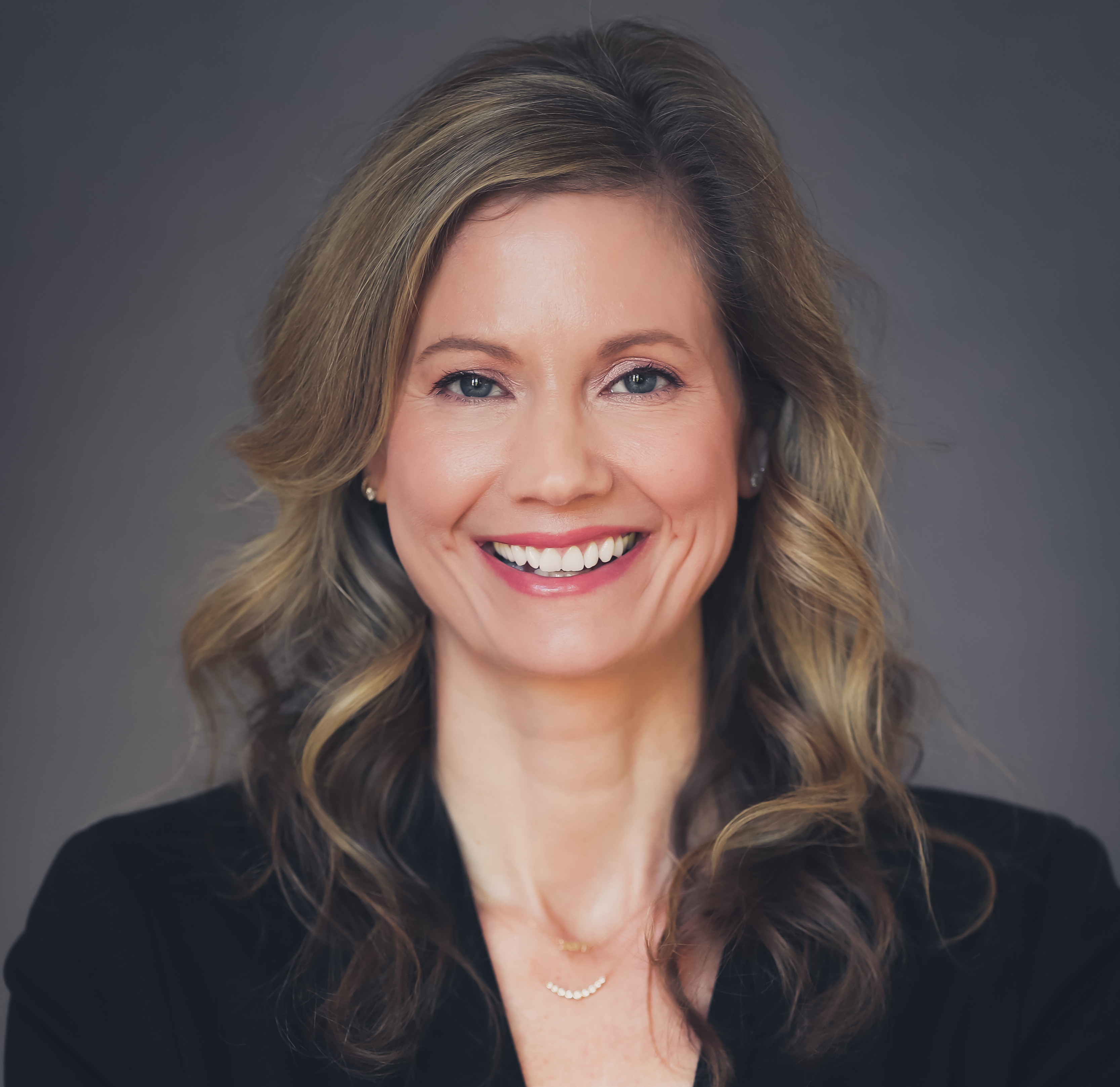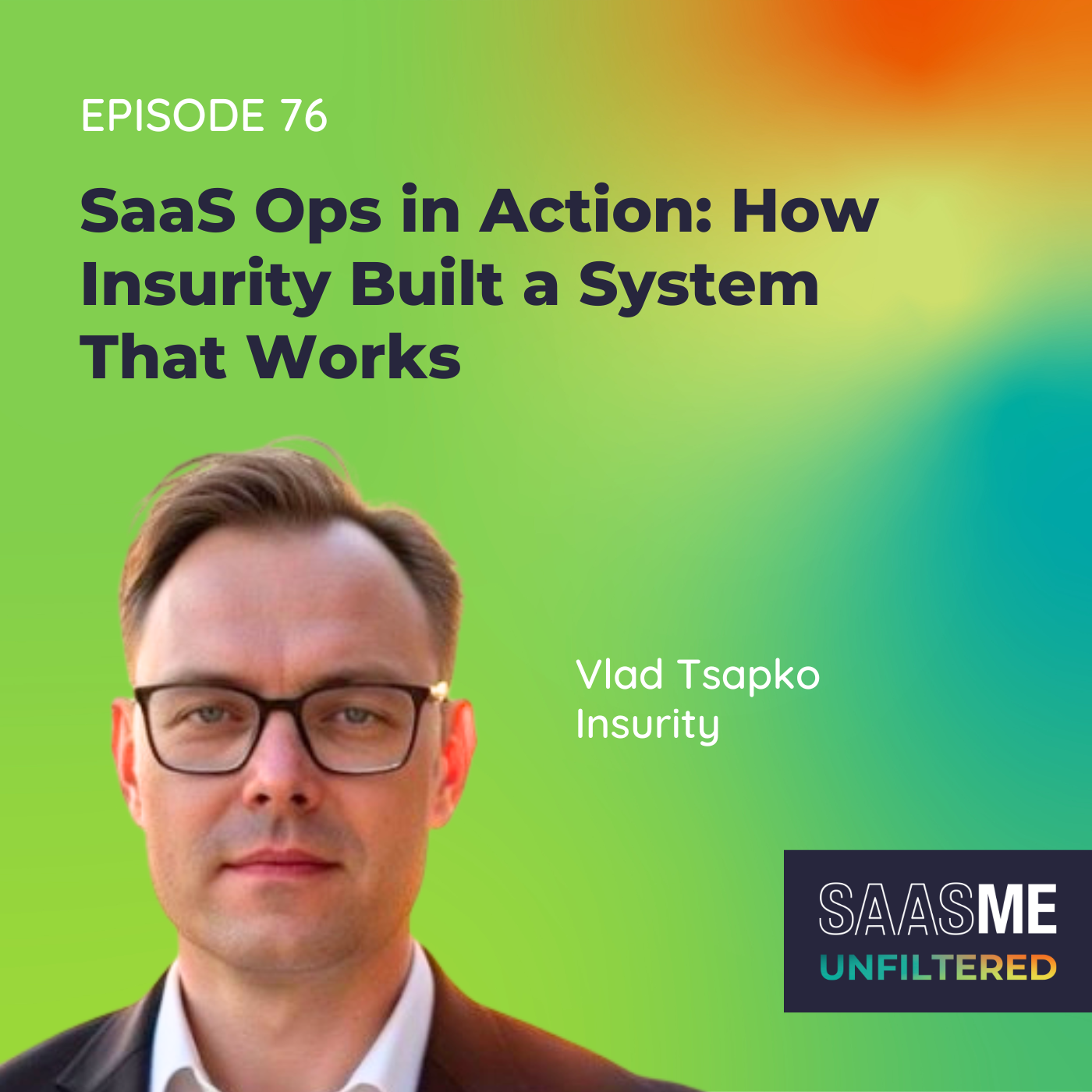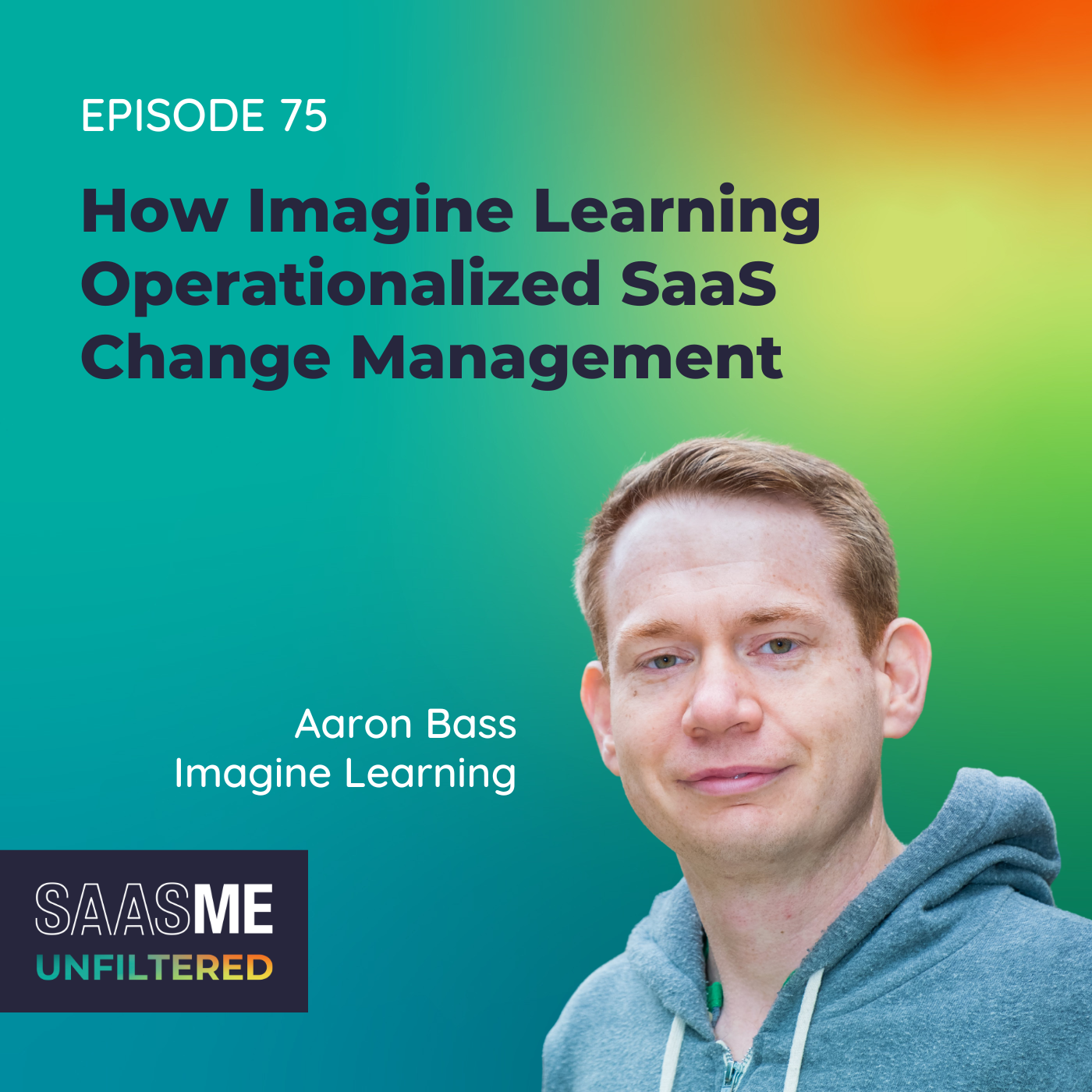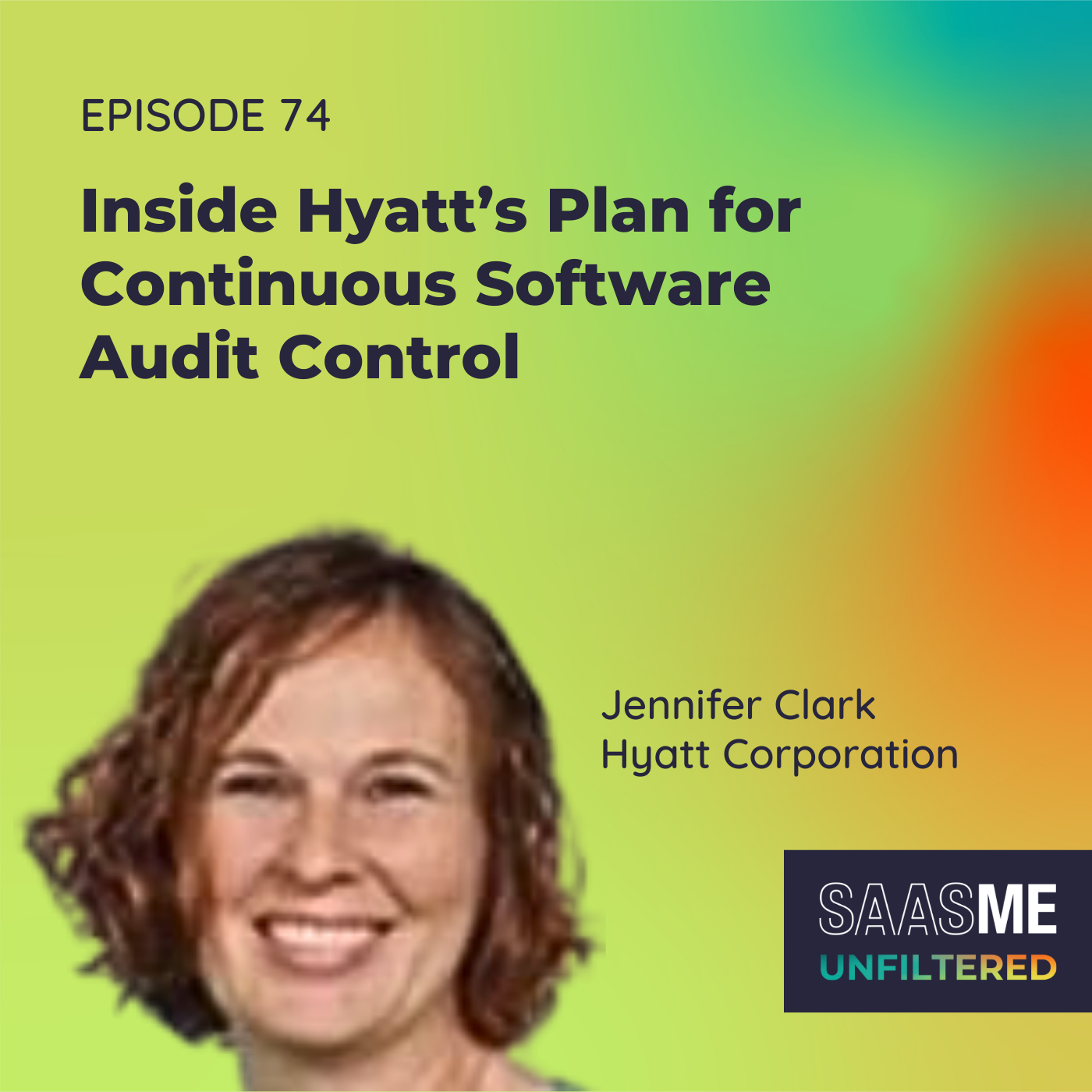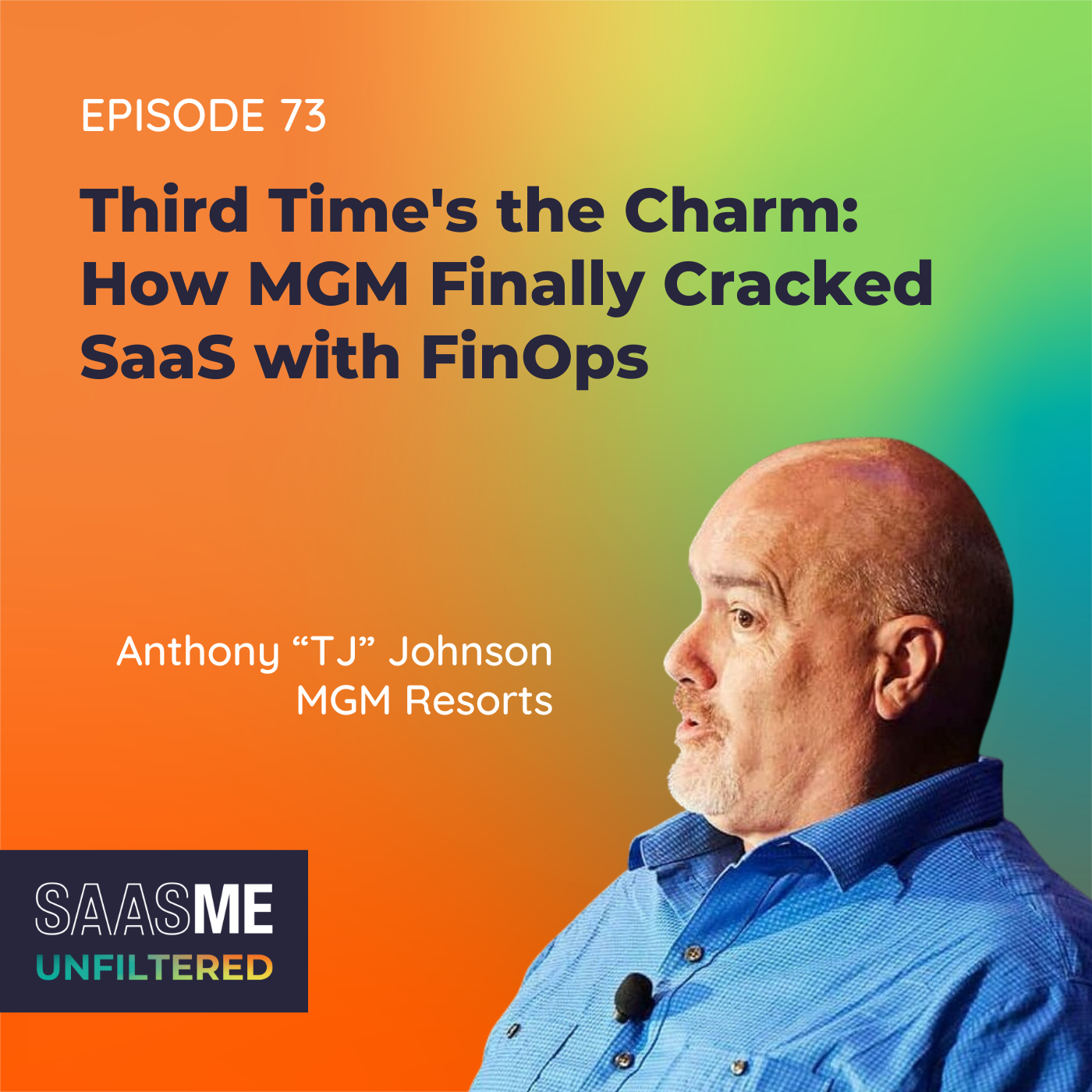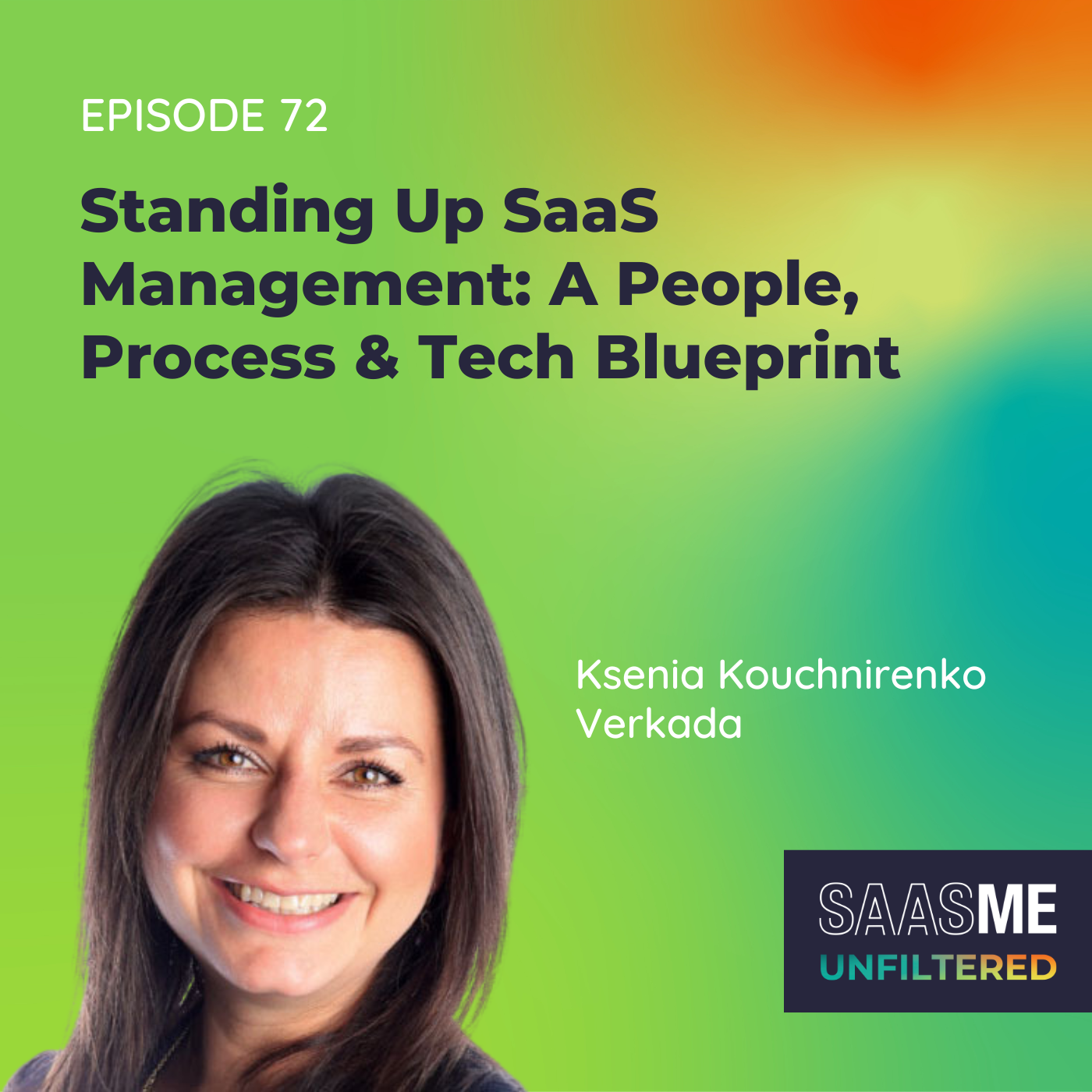How Should I Think about FinOps and SaaS Management?
- 0.5
- 1
- 1.25
- 1.5
- 1.75
- 2
Ben Pippenger: All right. Hello everyone, Ben Pippenger here. In this episode of SaaSMe Anything, we are going to talk about FinOps and how you should be thinking about it as relates to SaaS management. So why is this important? I ran a poll in LinkedIn last week asking, " What does FinOps stand for?" And I was surprised that only about 6% of those that responded got it right. FinOps is actually the merging of two words and concepts, finance and DevOps. Most thought that it was financial operations or cloud financial operations, which is what I thought it was before I dug in here and learned a little bit more. So we're going to spend our time today at three specific areas. Number one, what is FinOps? What's the definition of FinOps? Number two, what are the key principles of FinOps? And then lastly, FinOps and SaaS management.
Ben Pippenger: So starting off with what is the definition of FinOps? I turned to The FinOps Foundation, which is really the creator of FinOps and pulled the definition from their website. According to them, FinOps is an evolving cloud financial management discipline and cultural practice that enables organizations to get maximum business value by helping engineering, finance, technology, and business teams to collaborate on data- driven spending decisions. At its core, FinOps is a cultural practice. It's the way for teams to manage their cloud costs where everyone takes ownership of their cloud usage, supported by a central best practices group. Cross- functional teams and engineering finance product, and others work together to enable faster product delivery, while at the same time, gaining more financial control and predictability. So that's a lot of words. So if I boil that down, really how I think about FinOps, FinOps is a practice that drives accountability for hard to control cloud costs and cloud spending without slowing down the business. So it sounds like some of that resonates well with SaaS management. So let's dig in a little bit deeper here.
Ben Pippenger: What are the key principles of FinOps? So again, The FinOps Foundation defines really the six key principles of what FinOps as a practice is for a company. So let's go through each of those and think about those in the lens of SaaS management as well. So first one is collaboration. So really thinking about how you collaborate across teams, across the business, across IT, and finance, and other groups to make sure that you understand what's going on with your cloud spending and your cloud costs. Sounds familiar to what we all do with SaaS management as well. Second, business value. FinOps decisions really need to be driven by the business and the value of the cloud. Lots of times we're thinking about ROI, what's the business justification for SaaS applications? So again, we can sort of check that box on business value. Third is ownership. I know a lot of us spend a lot of time thinking about app owners who's responsible for these applications within the business. So again, resonates with us. Fourth is transparency, specifically around the data and the spend information according to The FinOps Foundation around cloud. So again, similar to SaaS, we want to make sure we have full visibility and transparency to know what's going on. Fifth is centralization, putting together a centralized team to develop best practices around cloud and specifically around SaaS for all of us. And then lastly, opportunity. We should always be looking for new opportunities to optimize our costs. So again, all six of those key principles that are laid out for FinOps, and we're thinking about cloud spending and cloud costs, resonates really well with SaaS management. So last point here is around FinOps and SaaS management.
Ben Pippenger: So the thing that I thought was really interesting here is not only does the definition and the principles really resonate well with the key things that we're all trying to do around SaaS management. But that group, The FinOps Foundation, they put out an annual report called the State of FinOps. In their 2023 report, they wanted to show how other IT functions are starting to think about FinOps and using and leveraging the FinOps framework within those core capabilities within their business. So they included in that report two, that resonate with us. Number one, IT asset management. And number two, software asset management. So they're starting to report also that those groups are using the principles of FinOps in order to get their work done.
Ben Pippenger: So all this is what it's telling me is that as a SaaS management professional, you should really be leaning into and learning more about FinOps and how your company is using it. So do you have a FinOps group? Do you have some people within your organization that are focused on this for cloud related costs? Is that including SaaS? I would say go out there and start to make some new friends with those folks and see if you guys can unlock some additional value for your company together. That's it for today, and we'll talk to you next time.
DESCRIPTION
Managing Cloud and SaaS costs is a never-ending game. While a hard-to-control spend category, a FinOps practice can drive accountability and reduce costs without slowing down your business. Sounds a lot like SaaS management, right? That’s because they’re both founded on similar principles. In this episode, learn how these business practices align and how they can work together to drive business impact.
Have a question you’d like answered on SaaSMe Anything? Submit yours here.
Key Takeaways:
- [00:35 - 01:20] FinOps and how it relates to SaaS management
- [01:22 - 02:19] The definition(s) of FinOps
- [02:23 - 03:48] Principles of FinOps, best practices
- [03:51 - 04:49] FinOps Foundation and their State of FinOps 2023 report
SaaSMe Anything is the bi-weekly podcast that brings clarity to the chaos of SaaS, hosted by your resident SaaS expert and Zylo co-founder Ben Pippenger. Connect with Ben on LinkedIn here.

